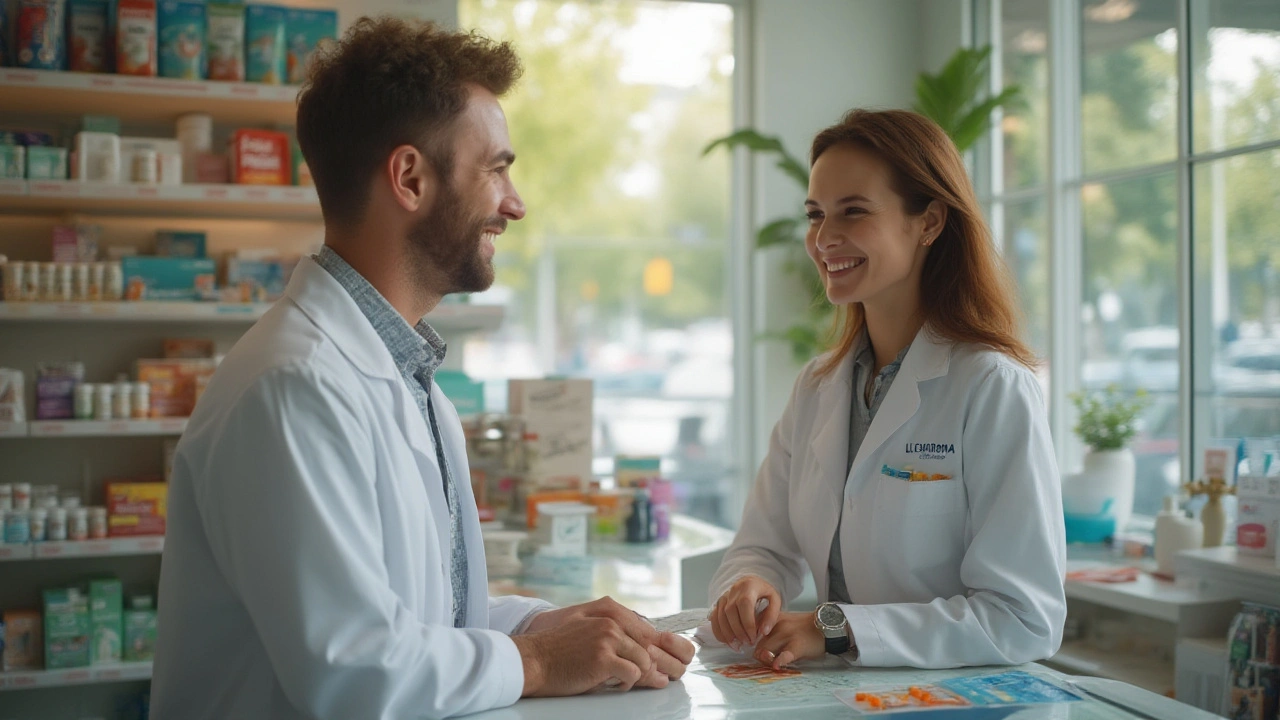Medication Safety: How to Use Medicines Without Risk
Taking medication might seem straightforward, but there's more to it than just following instructions. Medication safety means using drugs in a way that prevents harm while getting the best effect. Whether it’s prescription pills, over-the-counter drugs, or supplements, knowing how to handle them safely protects your health.
First, understanding side effects is crucial. Every medication comes with potential reactions, from mild to serious. If you notice unusual symptoms like rash, dizziness, or stomach pain after starting a medicine, don’t ignore them. Contact your healthcare provider immediately to figure out if the medicine is causing these effects.
Another important aspect is drug interactions. Some medications can clash when taken together, making one less effective or increasing harmful side effects. For example, mixing certain painkillers with blood thinners can cause bleeding issues. Always tell your doctor and pharmacist about all medicines and supplements you use to avoid dangerous combos.
Following the correct dosage and timing matters a lot. Taking more than prescribed won’t speed up recovery but can be harmful. Likewise, skipping doses or stopping early might let the illness linger or worsen. Use reminders or pill organizers to keep on track, and never share your medication with someone else.
Sometimes, your mindset can actually influence how a medication works. This is known as the placebo or nocebo effect—believing a drug will help can boost its effect, while worry about side effects might bring them on. Staying calm and confident when following treatment plans can make a real difference.
Medications can also affect your gut health. Antibiotics, for instance, kill bacteria causing infections but may also reduce helpful gut microbes. This imbalance can lead to digestive problems. To keep your microbiome balanced, eating fiber-rich foods and probiotics can help during and after medication use.
Storing medicines properly is often overlooked. Keep them in cool, dry places away from direct sunlight and out of children’s reach. Expired or unused medications should be disposed of safely—don’t just throw them in the trash or flush them down the toilet. Pharmacies or local programs often offer safe disposal options.
Lastly, always ask questions. If you don’t understand how to use a medication or its risks, speak up. Pharmacists and doctors are there to help you. Being informed about your treatment makes you a smart partner in your health care and helps prevent mistakes.
Remember, medication safety isn’t just about avoiding harm; it’s about making your treatment work as well as possible. Take time to learn, stay alert to changes, and don’t hesitate to get advice. Your health depends on using medicines wisely.
